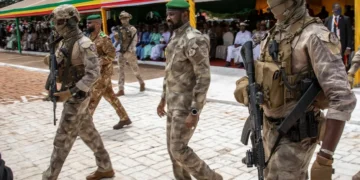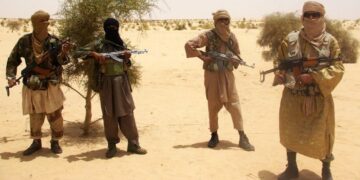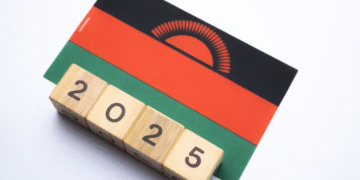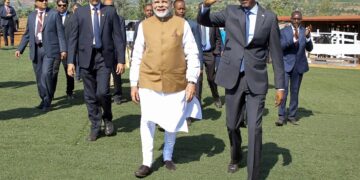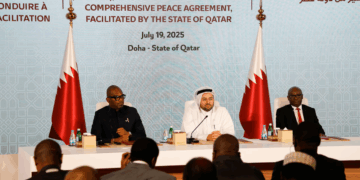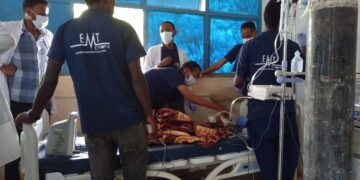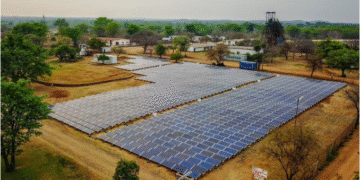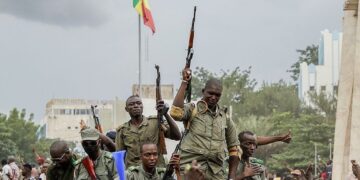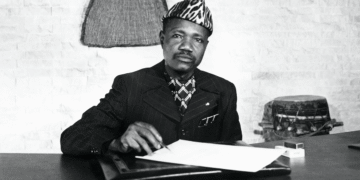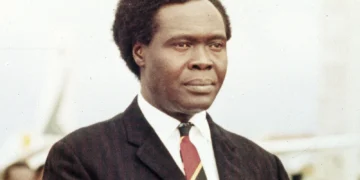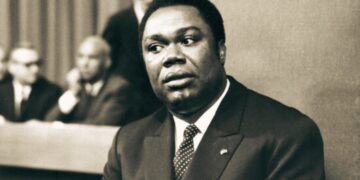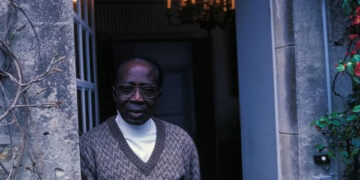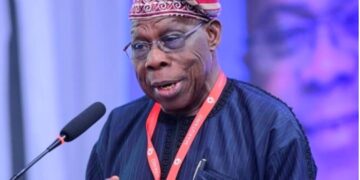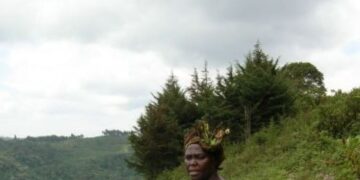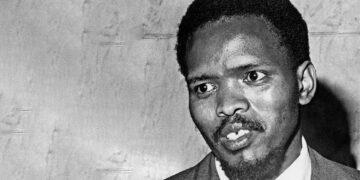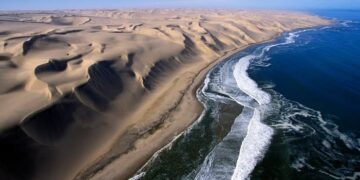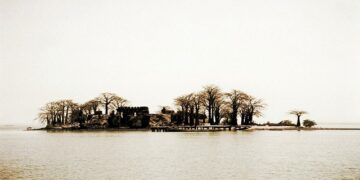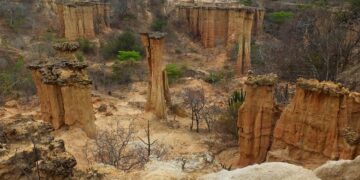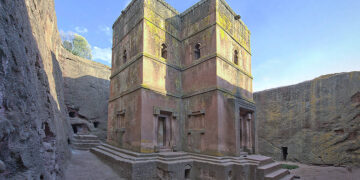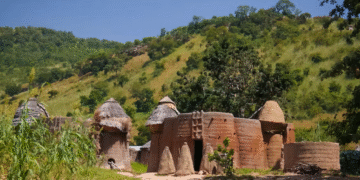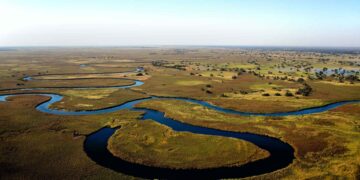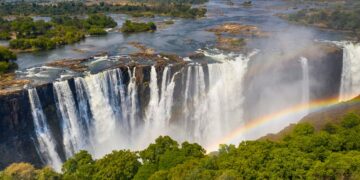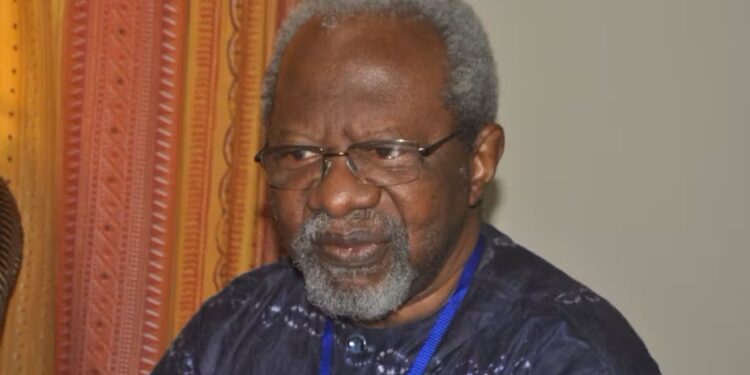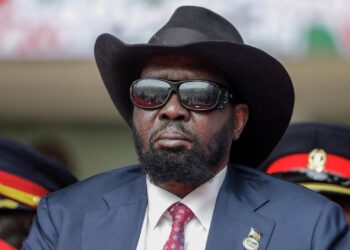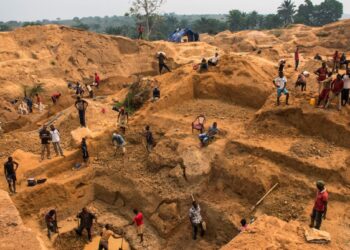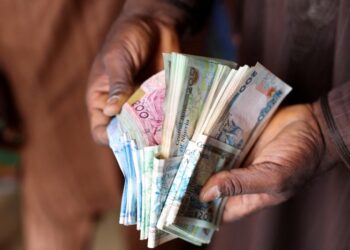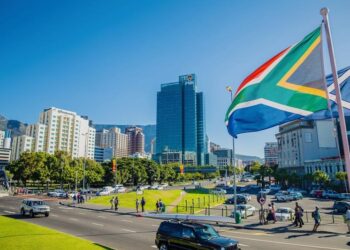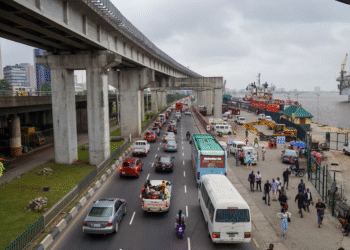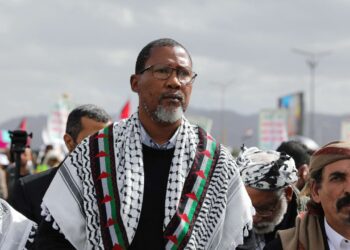Paulin J. Hountondji is one of the most important African philosophers of the twentieth and twenty-first centuries and a pivotal figure in establishing modern African philosophy as a rigorous and critical academic field. Hountondji is best known for his staunch opposition to the concept of “ethnophilosophy” and his call for an African philosophy based on universal standards of rationality and scientific methodology, rather than a search for a supposed “collective wisdom” or “primitive philosophy” inherent in particular cultures. His ideas have profoundly influenced debates about African identity, knowledge, and the future of philosophical inquiry on the continent.
Paulin Joseph Hountondji was born on April 11, 1942, in Abomey, French Dahomey (now Benin). He grew up in a rich cultural environment, receiving his primary education in Dahomey and then moving to France to pursue his graduate studies. He enrolled at the École Normale Supérieure in Paris, one of the most prestigious academic institutions in France. There, he studied philosophy under leading French thinkers of the time, including Louis Althusser and Jacques Derrida, among others, and was influenced by the prevailing structuralist and critical intellectual movements.
Hountondji earned a PhD in philosophy from the University of Paris in 1970. After completing his studies, he returned to Benin to teach philosophy at the National University of Benin (later the University of Abomey-Calavi). His return to Africa was a significant step, as he dedicated himself to developing philosophical thought on the continent and applying his critical tools to the African context.
Hountondji’s book, African Philosophy: Myth and Reality (1976), first published in French and translated into English in 1983, is considered the most influential and central work in his intellectual project. In this book, Hountondji launches a scathing attack on what he calls “ethnophilosophy.”
What is ethnophilosophy, according to Hountondji? It is the intellectual trend that sought to establish the existence of an “African philosophy” by exploring collective systems of thought, traditional beliefs, myths, and folk wisdom transmitted orally. The most prominent representative of this trend was the Belgian Franciscan missionary Placide Tempels, who wrote a book titled “Bantu Philosophy” in 1945, in which he claimed to have discovered a coherent philosophical system rooted in traditional Bantu thought.
Hountonji’s arguments against ethnophilosophy are multiple: he argues that philosophy, in the strict sense of the word, requires written, critical, and organised discourse. Ethnophilosophy relies on oral traditions, which Hountonji argues do not allow for the rigorous philosophical debate and critical scrutiny that characterise true philosophy. Also, ethnophilosophy assumes the existence of a collective system of thought embraced by all members of a particular ethnic group, whereas true philosophy is the product of individual intellectual activity, involving debate, self-criticism, and disagreement. Philosophy cannot be “collective” or “unconscious.”
Hountonji argues that the motivation behind ethnophilosophy was not genuine philosophical inquiry, but rather apologetic. It aimed to demonstrate that Africans also possessed a “philosophy” of their own, thus countering colonial claims that Africans were not rational or capable of philosophical thought. However, Hountonji argues that this defence has backfired, reinforcing the notion of a “fundamental difference” between African and Western thought and subjecting African philosophy to non-philosophical standards.
Hountonji also argues that ethnophilosophy has led African philosophy into an academic “siege,” where it is viewed as a mere branch of anthropology or ethnology, rather than as an independent philosophical field.
Instead of ethnophilosophy, Hountondji calls for the establishment of a “simply” African or “universalist” philosophy. For him, African philosophy is not necessarily a body of ideas produced “essentially” by African culture, but rather one that is produced in Africa, by Africans, and addresses issues of concern to Africa, but does so using the same rational and methodological standards applied elsewhere in the world.
Hountondji’s criticism was not limited to philosophy alone but extended to broader fields of social science and discourse on Africa. He criticised the way knowledge about Africa is produced, particularly by Western scholars, which is often saturated with the logic of “Orientalism” or “Africanism,” which views Africa as an alien, irrational, and fundamentally different entity. He challenged Western centralism in knowledge production, calling for a “decentering” of thought and knowledge production from an authentic African perspective, but not isolation from global dialogue. He also emphasised the need for Africa to achieve “scientific self-reliance,” meaning the ability to produce scientific and technological knowledge domestically, rather than relying entirely on imports. This does not mean isolation, but rather building the capacity to innovate and contribute to global knowledge production.
In addition to his academic contributions, Paulin J. Hountondji was involved in Benin’s political life. He served as Minister of Education and Scientific Research in the Benin government during the 1990s, a period that witnessed democratic transitions in the country. His involvement in politics reflected his commitment to translating his philosophical ideas into practical practice and contributing to the building of the state and society.
Hountondji believed that philosophy was not merely a theoretical academic activity but must have a tangible impact on social and political reality. Therefore, he sought to connect academic thought with the development needs and problems facing the African continent.
Pauline J. Hountonji died on February 2, 2024. Despite his passing, his ideas live on and are influential, and his works are widely studied in African and international universities. He left behind an invaluable intellectual legacy that remains a cornerstone of understanding the development of African philosophy and its role in a constantly changing world.


